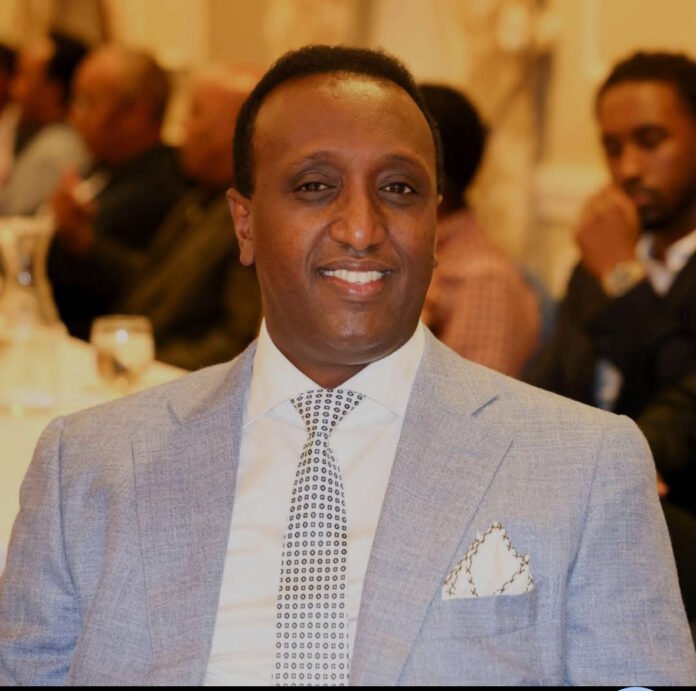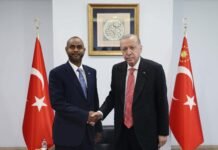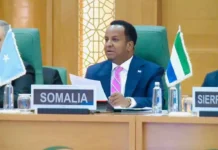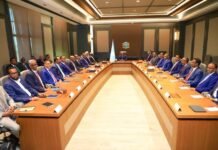MOGADISHU, (HAN) — Somalia’s Independent National Electoral Commission (NIEC) has announced significant progress toward the country’s long-awaited shift to a “one person, one vote” electoral system — a move widely viewed as a major milestone in Somalia’s democratic transformation.
At a press conference in Mogadishu, the NIEC chairperson confirmed that more than 61 political associations have now been officially registered across the country, representing a broad range of political ideologies and regional interests. The registration drive, which began earlier this year, is part of ongoing efforts to transition Somalia away from the clan-based power-sharing system that has dominated politics for decades.
“We have set the country firmly on the path to a one-person, one-vote election,” the chairperson said. “This is a vital step toward building a truly representative democracy that includes all Somalis, regardless of clan or background.”
The NIEC said it has been working closely with federal member states, local administrations, and international partners to build the technical and logistical capacity required to hold a direct vote. This includes voter education programs, the establishment of electoral offices in various regions, and the deployment of staff to register both political associations and eligible voters.
The commission also noted that security remains a top concern as preparations continue.
Coordination with security agencies and international peacekeeping forces, including African Union Support and Stabilization Mission in Somalia(AUSSOM), is ongoing to ensure safe conditions for voter registration and polling.
Somalia has not held a direct national election since 1969, when the late President Abdirashid Ali Sharmarke was elected before being assassinated later that year. The subsequent decades of civil war, political fragmentation, and the rise of militant groups such as Al-Shabaab disrupted state institutions and delayed democratic development.
The transition to a one-person, one-vote system has long been a key goal for Somali leaders and international partners, including the United Nations and African Union. Observers say that if successfully implemented, the reform could mark a turning point for Somalia’s fragile democracy — giving citizens a stronger voice in governance and reducing the influence of the traditional clan-based selection model that has shaped Somali politics since 2000.
The NIEC has not yet announced an official date for the nationwide vote, but officials say they are confident that preparations are progressing steadily, and that the commission is committed to delivering credible, inclusive, and peaceful elections.




